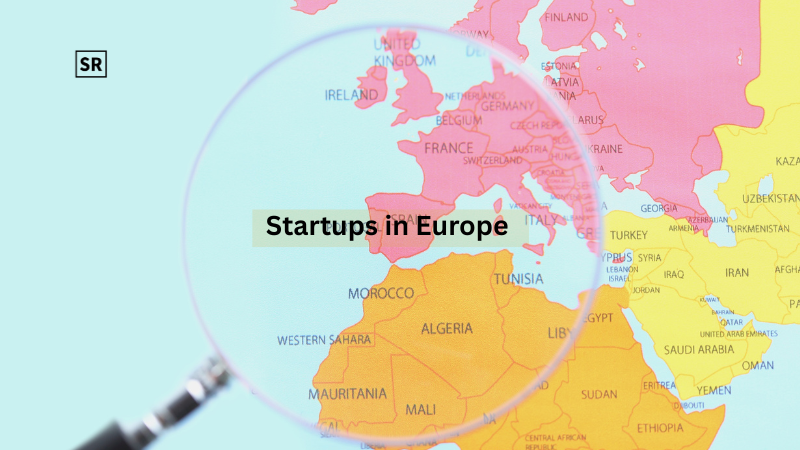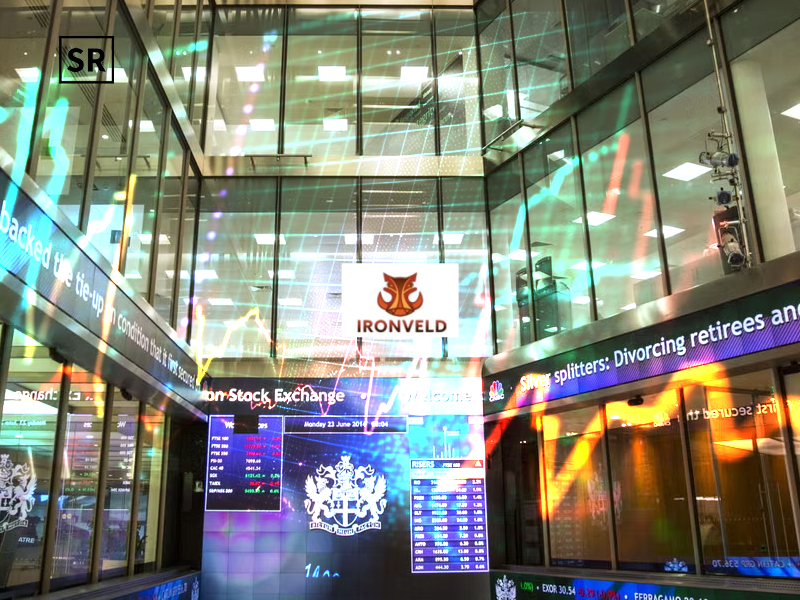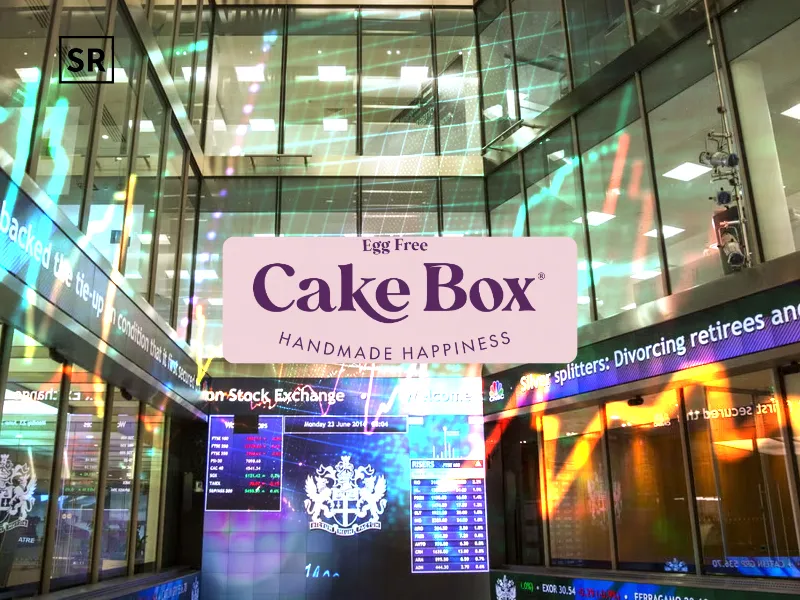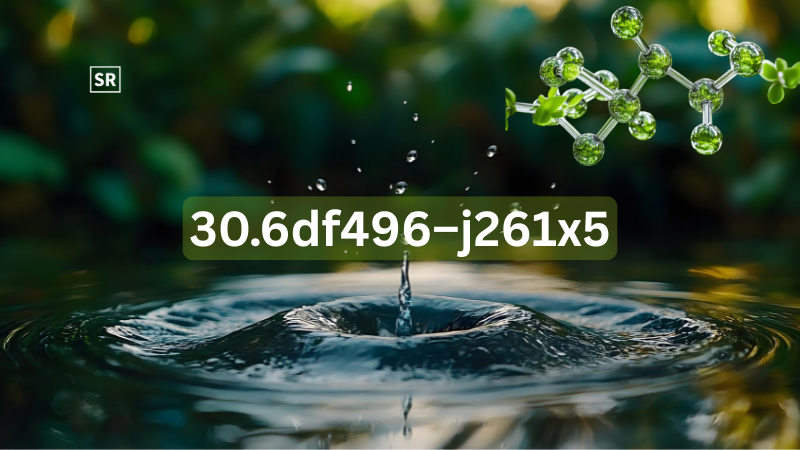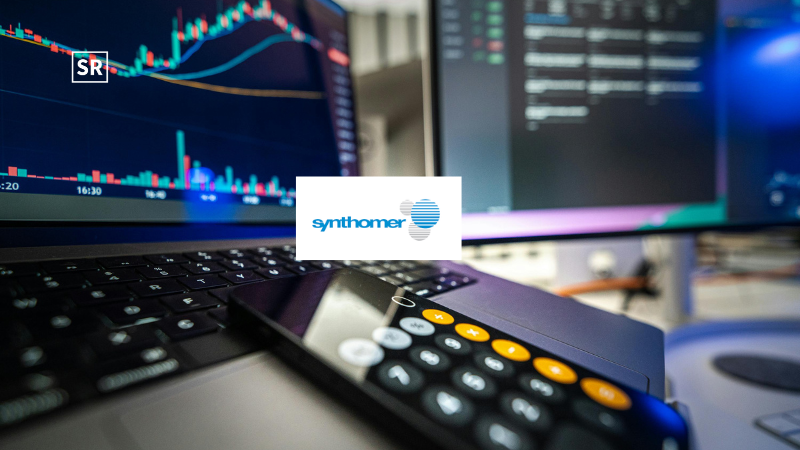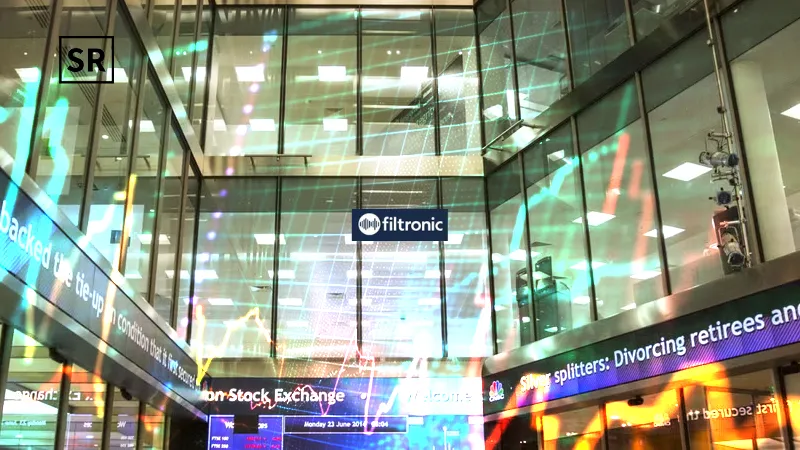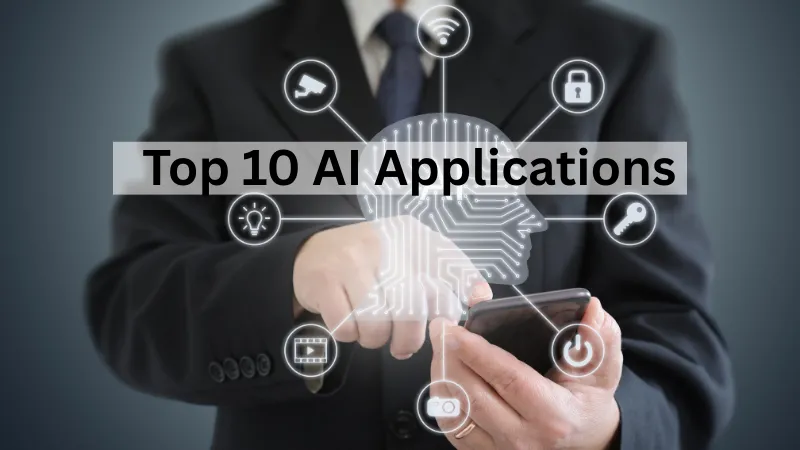
Artificial Intelligence (AI) has evolved from a futuristic idea into a core driver of innovation, transforming how we work, create and solve problems. No longer confined to research labs, AI now powers real-world applications that streamline processes, inspire creativity and tackle complex challenges.
In 2025, AI systems can generate lifelike images understand and produce human-like language, analyze massive datasets to predict trends and operate autonomous systems. These capabilities extend across industries from improving healthcare diagnostics and enabling precise financial forecasting to automating manufacturing and enhancing content creation.
As AI continues to advance, the real challenge for organisations is not in accessing the technology, but applying it effectively. Successful adoption depends on aligning AI initiatives with business needs, integrating solutions into existing systems and establishing clear frameworks. If you don't know where to start, working with the likes of elsewhen AI consultancy can help organisations approach implementation in a structured and strategic way.
Each AI platform offers unique strengths, whether in visual synthesis, language processing or advanced analytics, delivering practical solutions that were once unimaginable. Their versatility benefits professionals in fields as diverse as science, design, marketing and engineering, making AI a universal tool for productivity and innovation. The current wave of AI adoption reflects not just technological breakthroughs, but also the creation of accessible, impactful tools that integrate seamlessly into daily workflows.
ChatGPT
ChatGPT launched by OpenAI in late 2022 has rapidly become the world’s most widely used AI application amassing over 200 million users by October 2024. Since its debut, the platform has advanced significantly, with the GPT-4o model delivering notable improvements in speed, reasoning and conversational intelligence.
It now offers multimodal capabilities, enabling users to interact with images, analyse visual data and maintain context for more personalised exchanges. Its integrated search feature uses Retrieval Augmented Generation (RAG) to ground responses in trusted external data, reducing inaccuracies.
ChatGPT is available in multiple tiers: a free plan with limited GPT-4o access and unlimited GPT-4o mini use, a $20/month Plus plan, and a $200/month Pro tier. In early 2025, OpenAI introduced “Operators” — AI agents that can perform tasks like hotel bookings and online shopping, though still in development.

Google Assistant
Google Assistant is an AI-powered virtual assistant developed by Google, designed for use on smartphones, smart speakers, displays and various home automation devices. It represents a significant advancement over Google’s earlier virtual assistant technologies by enabling natural, two-way conversations with users.
Launched in 2016, Google Assistant can perform a wide range of tasks, from answering questions and providing real-time information to managing schedules, setting reminders, sending messages and controlling smart home devices. It integrates seamlessly with Google’s ecosystem supporting voice commands text input and contextual follow up questions allowing for a more interactive and personalized experience.
The assistant uses natural language processing and machine learning to understand user intent offering more accurate and relevant responses over time. It supports multiple languages, voice recognition for different users, and integration with third-party apps and services.
Beyond basic queries, Google Assistant can play music, provide navigation directions, translate languages, make phone calls and even execute routines automating multiple actions with a single command. Its ability to adapt and learn from interactions makes it a powerful tool for productivity, entertainment and everyday convenience, positioning it as one of the leading AI-driven virtual assistants in the global market.

Grammarly
Grammarly is a widely used American writing assistant software designed to help users improve their English language communication. Leveraging advanced artificial intelligence, it reviews and corrects spelling, grammar, punctuation, and sentence structure in real time. Beyond basic proofreading, Grammarly analyzes the clarity, conciseness and tone of a piece, ensuring that the writing aligns with the intended audience and purpose.
One of Grammarly’s standout features is its tone detection which helps users understand how their message might be perceived whether formal, casual, friendly or assertive. It also offers suggestions to enhance vocabulary and sentence variety, making the text more engaging and polished. For academic, professional or creative writing, Grammarly’s plagiarism detection tool scans content against billions of web pages to ensure originality.
Accessible as a browser extension, desktop application, mobile keyboard and integrated within platforms like Microsoft Word and Google Docs, Grammarly offers flexibility across devices. The platform caters to students, professionals, businesses and anyone aiming to write more effectively. By combining grammar expertise with AI-driven insights, Grammarly has become an essential tool for producing error-free, clear, and impactful writing in both personal and professional contexts.

Google Gemini
Gemini is a widely used AI application developed by Google, designed to deliver highly personalized search results and recommendations. Leveraging advanced artificial intelligence, Gemini can analyze user behavior, browsing history and preferences to provide tailored content suggestions making the search and browsing experience more relevant and engaging. Its adaptability allows it to continuously refine results based on evolving user interactions.
Launched in February 2024 Gemini is a generative AI chatbot powered by Google’s large language model (LLM) of the same name. It marks a major advancement in Google’s AI portfolio, succeeding Bard which was introduced in March 2023 as a response to OpenAI’s ChatGPT. Bard operated on Google’s LaMDA and PaLM LLMs.
Gemini’s key strength lies in its ability to engage in natural, context aware conversations while offering intelligent suggestions across various topics. By combining advanced generative capabilities with personalized search features Gemini serves as both a conversational assistant and a powerful discovery tool. Whether helping users find information faster or generating creative responses Gemini reflects Google’s ongoing commitment to enhancing everyday digital experiences through cutting-edge AI technology.

ELSA Speak
ELSA Speak is an AI-driven language learning app designed to help users improve their English pronunciation, fluency and overall speaking skills. Using advanced speech recognition technology, the app listens to the user’s speech, analyzes it in real time, and identifies specific areas that need improvement. It then offers instant feedback along with tailored exercises to correct mispronunciations, refine accent and build confidence in speaking.
The app leverages a vast database of speech data to understand various accents and speaking patterns making it suitable for learners from diverse linguistic backgrounds. Users can practice through interactive lessons, dialogues and role play scenarios that simulate real-life conversations, ensuring practical skill development.
ELSA Speak also tracks progress over time, allowing learners to monitor their improvement and focus on weaker areas. Its gamified approach, complete with challenges, achievements and rewards, keeps users engaged and motivated. Whether preparing for an interview, presentation or everyday conversation, the app offers structured learning paths to meet different goals.
By combining AI technology with personalized coaching, ELSA Speak provides an accessible, efficient and enjoyable way for individuals to master spoken English, making it a valuable tool for both beginners and advanced learners.

Grok
Grok is a generative AI chatbot created by xAI, the artificial intelligence company founded by Elon Musk. Officially launched in November 2023 Grok is built on a large language model (LLM) of the same name, designed to provide conversational, informative and context-aware responses. Its development reflects Musk’s vision to merge AI capabilities with practical, everyday use cases.
The chatbot is available as a mobile application for both iOS and Android making it easily accessible to users worldwide. A unique aspect of Grok is its deep integration with the social media platform X (formerly Twitter) allowing it to leverage real time information and trends to enhance user interactions. This enables Grok to deliver up-to-date insights and engage in timely discussions on current events.
Beyond social media, Grok is also integrated into Tesla vehicles, offering drivers voice-interactive assistance for navigation, information retrieval and entertainment. This makes it not only a digital assistant for online communication but also a hands-free companion on the road.
With its blend of advanced AI, real-time connectivity and multi-platform presence, Grok represents a step toward making conversational AI an integral part of both digital communication and everyday mobility.

DeepSeek
Founded in 2024 in Hangzhou by hedge fund manager Liang Wenfeng, DeepSeek is a rapidly emerging Chinese AI startup shaking up the global AI scene. Its R1 model, capable of matching or exceeding top AI systems at a fraction of the cost, established its disruptive edge.
In early 2025 DeepSeek gained further traction as its mobile app powered by the advanced V3 model soared to the top of Apple’s US App Store.
Its rapid ascent has also rippled through financial markets contributing to volatility in Nvidia’s stock and sparking debate over the cost-efficiency and scale of AI development in the United States. Venture capitalist Marc Andreessen called DeepSeek “AI’s Sputnik moment” highlighting its success in achieving advanced reasoning without massive supervised datasets.
DeepSeek’s rise reflects the increasing accessibility of AI. Popular apps like ChatGPT, Google Assistant, and Lensa illustrate how AI is becoming embedded in everyday tools—transforming how people work, create, and communicate while putting powerful capabilities directly in their hands.

FaceApp
FaceApp developed by FaceApp Technology Limited in Cyprus, is a popular photo and video editing application available for iOS and Android. Leveraging advanced neural networks and artificial intelligence, the app generates highly realistic transformations of human faces in photographs. Users can easily experiment with different looks, aging effects, hairstyles or even gender swaps, making it a versatile tool for creative expression.
With a simple tap FaceApp applies sophisticated filters, streamlining edits that would traditionally require complex software. Its top features include impression filters that allow users to add makeup, glasses, or facial hair; retouch tools for smoothing skin, removing blemishes, or whitening teeth; and face morphing capabilities to try out various appearances, from aging effects to celebrity mashups.
The app caters to a wide range of users from casual selfie enthusiasts to content creators seeking engaging visuals for social media. FaceApp’s AI driven transformations make it easy and fun to experiment with personal images while maintaining highly realistic results. By combining accessibility, creativity and advanced AI technology, FaceApp has established itself as a leading tool for anyone interested in exploring visual modifications and playful photo editing.

Lensa
Lensa is an AI-powered photo editing app designed to make image enhancement fast, easy, and creative. Popular for its smart filters, effects, and AI avatar generator, Lensa allows users to improve portraits, remove unwanted objects and explore artistic styles with just a few taps.
One of Lensa’s standout features is the erase tool which can instantly remove distractions or photobombers from your photos. The app’s AI avatar feature transforms selfies into stylized avatars across various themes, offering a fun way to personalize your digital presence. Retouching tools help brighten eyes, smooth skin and adjust lighting to create polished, professional-looking images.
Lensa is ideal for social media users, photographers, and anyone looking to quickly enhance their photos without complex software. Its intuitive interface and AI-driven capabilities allow users to achieve high-quality edits in seconds. Whether you want to improve everyday selfies, create artistic portraits or generate unique avatars for online profiles Lensa provides a powerful yet simple solution. Combining speed, creativity and advanced AI technology, Lensa is a versatile app that brings professional-level photo editing directly to your smartphone.

Claude
Claude is a family of advanced large language models developed by Anthropic, first introduced in March 2023. Since its launch, the platform has evolved through multiple iterations, with the Claude 3 family debuting in March 2024. Claude 3 includes three specialised models: Haiku, designed for speed and everyday tasks; Sonnet, which balances performance and capabilities; and Opus, optimised for complex reasoning and advanced problem-solving.
Built on GPT architecture, Claude models are trained to predict the next words in a sequence, enabling them to generate coherent, context-aware text. They are further fine-tuned using constitutional AI principles and reinforcement learning from human feedback (RLHF), improving accuracy, safety and reliability.
The Claude 3 family has extended its functionality beyond text, supporting image processing alongside advanced language tasks. Claude 3 Opus, in particular, excels in areas requiring deep analytical reasoning, including mathematics, programming and logical problem-solving. With these capabilities, Claude provides versatile AI solutions suitable for professional, academic, and creative applications.
By combining powerful language understanding, multimodal processing, and task-specific optimisation, the Claude 3 models demonstrate the growing sophistication of AI systems and their ability to handle increasingly complex real-world challenges, making them valuable tools for individuals and organisations alike.

Conclusion
Artificial intelligence has become a transformative force, reshaping industries and daily life alike. From conversational AI like ChatGPT and Grok to productivity tools such as Grammarly and Claude, AI is revolutionizing how we communicate, learn, create and make decisions. Virtual assistants like Google Assistant and Gemini simplify everyday tasks, delivering personalized, context-aware responses that boost efficiency. Language-focused apps like ELSA Speak help learners improve pronunciation and fluency while AI-driven photo and video editors like FaceApp and Lensa make creative expression quick and accessible worldwide.
The emergence of innovative AI startups like DeepSeek underscores the intensifying global competition rapid technological progress in the field. These companies demonstrate efficiency cost effectiveness and the ability to rival established tech giants. AI is no longer limited to labs—it is embedded in mobile apps, social media, vehicles, and enterprise systems, bringing advanced capabilities to millions of users.
Through multimodal processing, advanced reasoning and user-centric design, modern AI empowers users to tackle complex tasks, gain insights, and enhance creativity. As these technologies advance, AI is set to redefine productivity, learning, and innovation, offering practical, far-reaching benefits that touch nearly every aspect of daily life.


 Follow us
Follow us Follow us
Follow us